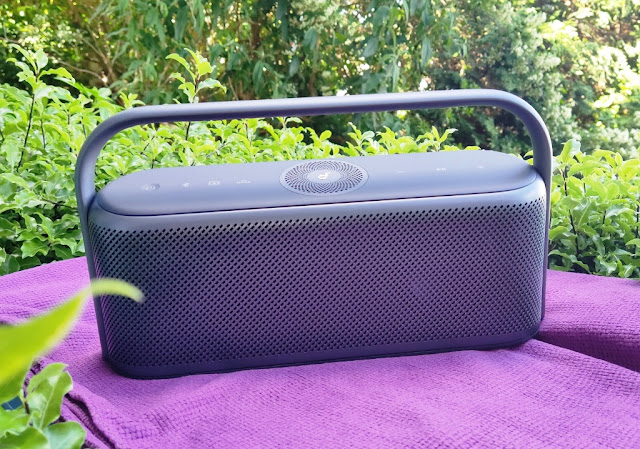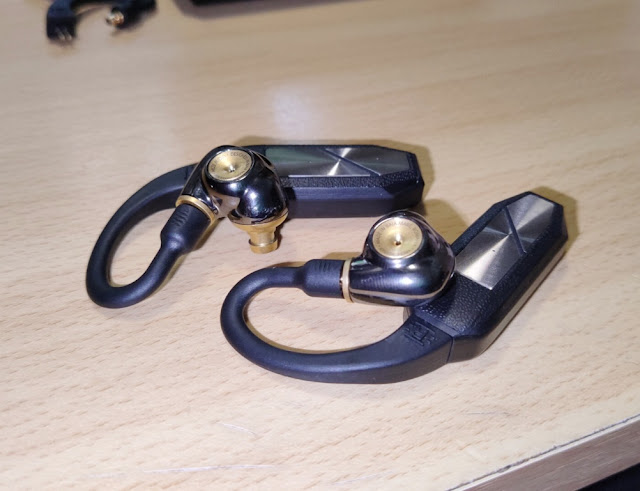


The rest of the Baseus usb-c hub is made with hard plastic (connector plug) and rubberized hard plastic (cable), giving a total weight of 90 grams. The dimensions are 12 cm long, 5cm wide and 2cm thick.




When buying a usb hub adapter, you also have to keep in mind what devices you are going to be using because power hungry devices (i.e. midi controllers, hdds, ssds, etc) require more power. If that is the case, you will need a mains-powered hub that draws power from an electrical outlet via a wall power adapter. Many usb-c hub adapters are bus-powered, meaning they draw power from the usb port of the computer they are connected to. Bus power is just enough power to power a usb mouse and other low power devices like a usb keyboard, which take very little bandwidth (up to 2 megabit per second).

The Baseus usb-c hub is both bus-powered and mains-powered via the usb c power delivery port located on the backside of the hub, which can act as a power supply port to boost the power of the hub and to charge the laptop the hub is connected to. With a powered usb hub, each port gets the power it needs; hence you can use all the ports on the Baseus hub at the same time without power issues.

















0 comments